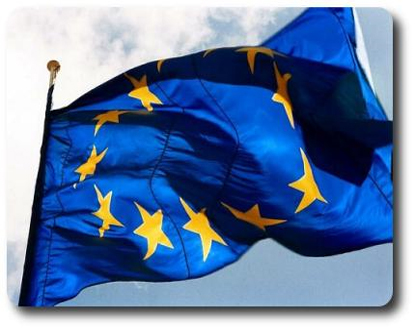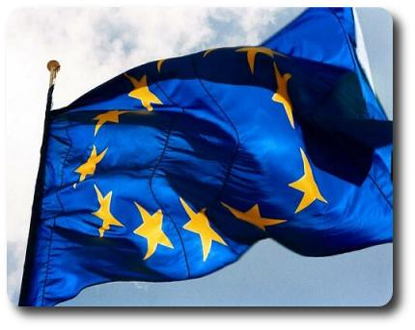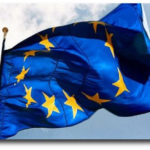On May 25, European citizens will be called to vote for the election of the Parliament.
Nice Premium will actively participate in the debates with articles presenting the editorial team’s point of view, contributions from independent figures, and the proposals of candidates from the main parties.
 Europe is the expression of Western civilization, a democracy endowed with a democratic public opinion.
Europe is the expression of Western civilization, a democracy endowed with a democratic public opinion.
European populism is dangerous, like the tempting serpent of the Bible, it dreams of authoritarian movements and sells people the “dream”: No to the euro, no to globalization, or no to immigration are nice slogans but mean nothing if no viable alternatives are proposed.
In fact, following globalization, the crisis of the States, and the social and ecological crisis, today, national sovereignty is already marginalized by globalization itself.
Moreover, there is no longer true national sovereignty, in the sense that sovereignty is the freedom to choose one’s institutions and life models, while globalization has rendered differences obsolete and imposed a single model.
When we talk about anti-Europe, we must remember that eurosceptics represent 20% of its populations, which means that 80% of citizens, therefore a very large majority, are not eurosceptic, and most are either convinced Europeans or uncertain ones.
To the latter, should we only offer the choice between Europe or nationalism, racism, or anti-Semitism?
Furthermore, it is up to European politicians to send positive messages and build credible policies to convince them.
The democratic process to build a democratic Europe will take a long time, just as it did for the construction of democratic states on a national scale. In France, for example, the democratic process began in 1789, concluding with universal suffrage for women in 1945!
Just fifty years ago, today’s Europe with its achievements would have been unimaginable!
But the challenges ahead of us will still be a long struggle. The real problem is how to achieve European democratic sovereignty in this era of globalization.
Certainly, European democracy needs to be reconsidered and developed, and the construction of its legitimacy will be the result of a long process.
But, as the social philosopher of the Frankfurt School, Jürgen Habermas, aptly says, it is up to Europeans to build their “Weltanschauung” and say what kind of Europe “we” want.
Garibaldino



